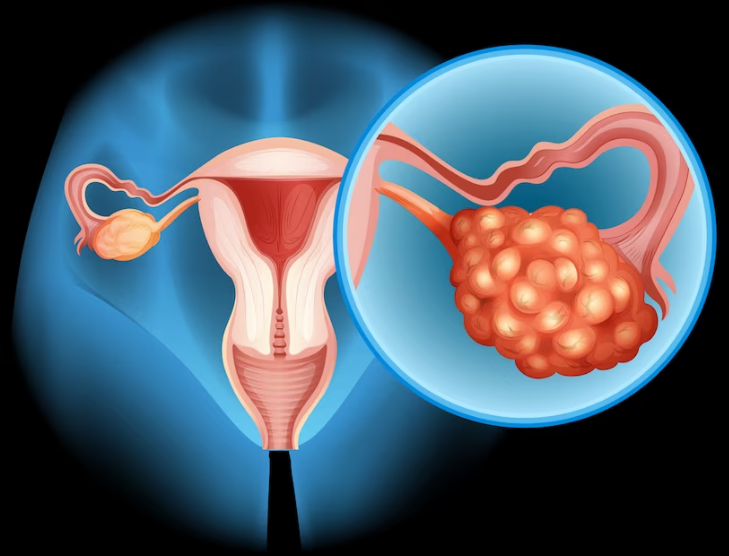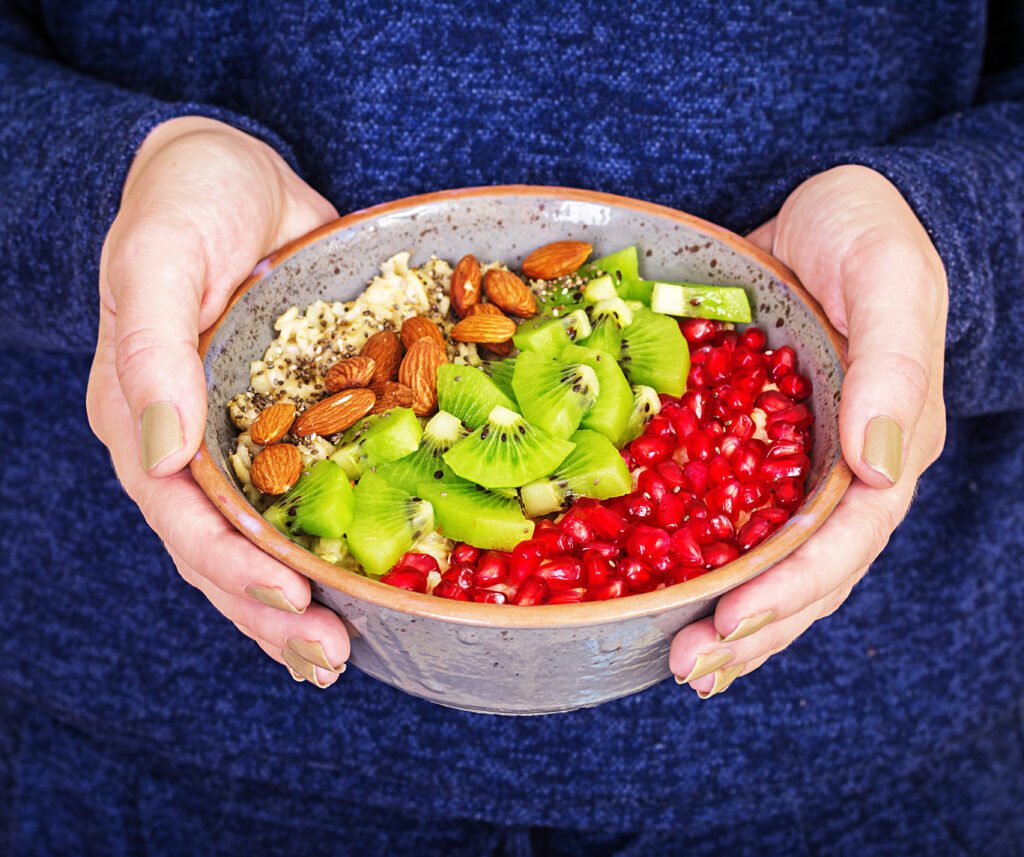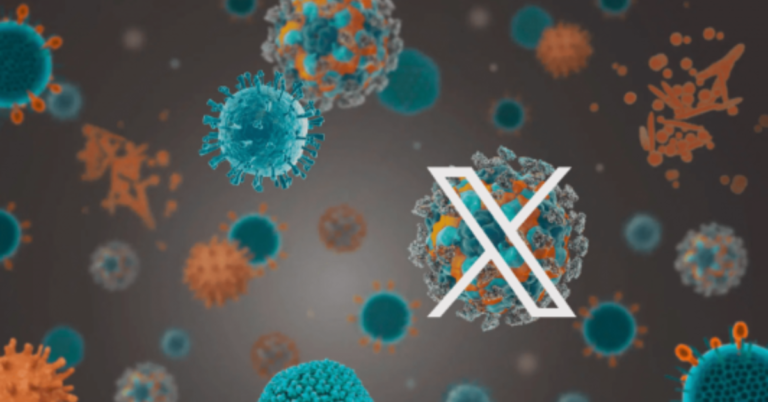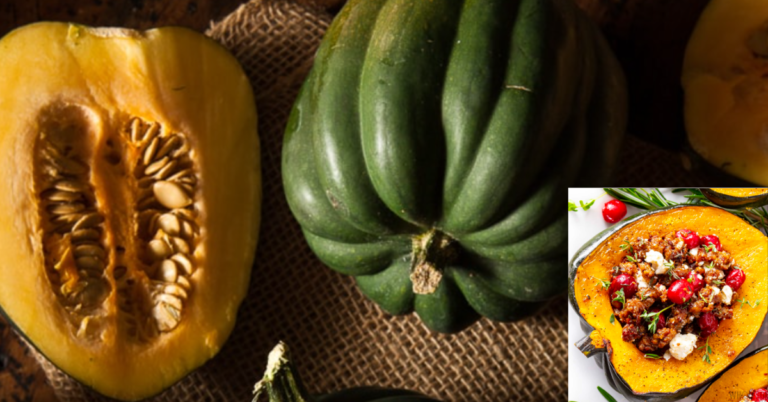I. Introduction
A. Definition of PCOS
Polycystic Ovary Condition (PCOS) is a typical hormonal problem among ladies of conceptive age. It is characterized by imbalances in reproductive hormones, leading to various symptoms such as irregular periods, cysts on the ovaries, and hormonal disturbances.
Table of Contents
B. Prevalence and Impact on Women's Health
PCOS affects a substantial percentage of women globally, impacting not only their reproductive health but also contributing to other concerns like insulin resistance, weight gain, and cardiovascular issues. Recognizing the prevalence and understanding the multifaceted impact is crucial for effective management.

II. Understanding PCOS
A. Hormonal Imbalance
PCOS is primarily marked by an imbalance in hormones, including elevated levels of androgens (male hormones) and insulin. This imbalance disrupts the normal functioning of the ovaries, leading to various symptoms and complications.
B. Common Symptoms
Symptoms of PCOS vary but often include irregular menstrual cycles, infertility, acne, and excessive hair growth. Understanding these symptoms is pivotal in early detection and intervention.
C. Factors Contributing to PCOS
While the exact cause of PCOS remains unknown, several factors contribute to its development, including genetics, insulin resistance, and inflammation. Tending to these elements is critical for powerful administration.
III. Importance of Diet in PCOS Management
A. Impact of Diet on Hormonal Balance
Diet plays a pivotal role in influencing hormonal balance. Specific food choices can either exacerbate hormonal imbalances or contribute to their regulation. Adopting a targeted diet is a proactive approach to managing PCOS.
B. Link between Nutrition and PCOS Symptoms
Nutrition is closely linked to PCOS symptoms, with certain foods triggering inflammation and hormonal disruptions. Understanding the correlation empowers individuals to make informed choices in their dietary habits.
C. Role of a Tailored Diet Plan
A one-size-fits-all approach doesn’t apply to PCOS management. Tailoring a diet plan to individual needs, considering factors like insulin resistance and inflammation, is crucial for achieving sustainable results.
IV. The Science behind PCOS and Diet
A. Insulin Resistance and PCOS
Insulin resistance, a common factor in PCOS, affects how the body processes glucose. Addressing this through a diet low in processed sugars and refined carbohydrates is fundamental to managing PCOS.
B. Importance of a Low Glycemic Index Diet
A low glycemic index (GI) diet helps regulate blood sugar levels, reducing insulin resistance. Emphasizing whole grains, fruits, and vegetables while limiting high-GI foods is a cornerstone of a PCOS-friendly diet.
C. Role of Specific Nutrients
Certain nutrients, such as omega-3 fatty acids, antioxidants, and anti-inflammatory compounds, play a crucial role in mitigating PCOS symptoms. Including sources of these nutrients in the diet contributes to overall well-being.
V. Creating a PCOS-Friendly Diet
A. Emphasizing Whole Foods
Whole foods, such as fruits, vegetables, lean proteins, and whole grains, form the basis of a PCOS-friendly diet. These supplement thick decisions give fundamental nutrients and minerals.

B. Balancing Macronutrients
A balanced intake of carbohydrates, proteins, and fats is essential. Focus on complex carbohydrates like whole grains and legumes to stabilize blood sugar levels and reduce insulin resistance.
C. Including Anti-Inflammatory Foods
Incorporating anti-inflammatory foods, such as fatty fish, berries, and leafy greens, helps manage inflammation associated with PCOS. These choices contribute to the overall success of the diet transformation.
D. Healthy Fats for Hormonal Balance
Healthy fats play a key role in hormonal regulation. Include sources like avocados, nuts, and olive oil in your diet to support the hormonal balance disrupted by PCOS.
VI. Meal Planning for PCOS
A. Sample Meal Plans
Providing sample meal plans offers practical guidance for individuals navigating a PCOS-friendly diet. These plans can be adjusted to individual inclinations and dietary limitations.
B. Tips for Meal Preparation
Efficient meal preparation is key to sustaining a PCOS-friendly diet. Planning and preparing meals in advance can save time and ensure adherence to dietary goals.
C. The Significance of Portion Control
Understanding portion control is vital for managing weight and supporting metabolic health. Balancing portion sizes contributes to the overall effectiveness of the PCOS diet.
VII. Superfoods for PCOS Management
A. Turmeric: A Natural Anti-Inflammatory
Curcumin, the dynamic compound in turmeric, shows strong calming properties. Including turmeric in your diet can help alleviate inflammation associated with PCOS.
B. Cinnamon: Regulating Insulin Levels
Cinnamon has shown promise in improving insulin sensitivity. Sprinkle it on your morning oatmeal or include it in your favorite recipes to reap its benefits.
C. Fatty Fish: Omega-3 Power
Omega-3 fatty acids, found in abundance in fatty fish like salmon and mackerel, contribute to hormonal balance and may ease PCOS symptoms. Consider incorporating fish into your weekly meal plan.
D. Water: Importance of Hydration
Adequate hydration is often underestimated in PCOS management. Water helps in flushing out toxins, supports metabolic processes, and aids in weight management. Go for the gold eight glasses of water every day.
VIII. Planning Your PCOS-Friendly Meals
A. Breakfast Boosters
Kick start your day with a balanced breakfast. Consider options like a spinach and feta omelet or Greek yogurt with berries and nuts for sustained energy.

B. Lunchtime Delights
Opt for salads with a variety of colorful vegetables, grilled chicken, and a quinoa base. This combination provides essential nutrients without causing blood sugar spikes.
C. Dinner Innovations
For dinner, focus on roasted vegetables, lean protein sources, and a small portion of whole grains. This combination promotes satiety and supports stable blood sugar levels.
IX. Lifestyle Changes to Support Diet
A. Incorporating Regular Exercise
Physical activity complements dietary changes in PCOS management. Regular exercise improves insulin sensitivity, aids in weight management, and promotes overall well-being.
B. Managing Stress for Hormonal Balance
Stress can exacerbate hormonal imbalances in PCOS. Implementing stress management techniques, such as meditation and yoga, supports hormonal balance and enhances the effectiveness of the diet plan.
C. Importance of Adequate Sleep
Adequate sleep is crucial for hormonal regulation. Establishing healthy sleep patterns contributes to overall health and aids in managing PCOS symptoms.
X. Challenges in Adhering to the PCOS Diet
A. Addressing Common Hurdles
Recognizing and addressing common challenges in adhering to the PCOS diet is essential. Providing solutions to hurdles such as cravings and social pressures ensures sustained commitment.
B. Strategies for Overcoming Obstacles
Empowering individuals with strategies to overcome obstacles promotes long-term adherence to the PCOS-friendly diet. Practical tips enhance resilience in the face of challenges.
C. Building a Supportive Community
Creating a supportive community for individuals managing PCOS fosters a sense of belonging and understanding. Shared experiences and encouragement contribute to overall well-being.
XI. Expert Advice on PCOS Diet

A. Consulting Healthcare Professionals
Seeking guidance from healthcare professionals, including gynecologists and nutritionists, is crucial. Tailoring the PCOS diet to individual health needs ensures a personalized and effective approach.
B. Nutritionist’s Insights and Recommendations
Nutritionists specializing in PCOS can provide valuable insights and recommendations. Expert advice contributes to the overall success of the diet transformation.
C. Staying Informed About Recent Research
Keeping abreast of recent research in PCOS management ensures that dietary recommendations align with the latest scientific understanding. Staying informed enhances the efficacy of the PCOS-friendly diet.
XII. Monitoring and Adjusting the Diet Plan
A. Regular Health Check-Ups
Regular health check-ups monitor the progress of PCOS management. Adjusting the diet plan based on health updates ensures continued effectiveness in achieving health goals.
B. Adapting to Changing Needs
As health needs evolve, adapting the PCOS-friendly diet is essential. Flexibility and openness to adjustments contribute to long-term success.
C. Continuous Improvement in Lifestyle
Continuous improvement in lifestyle choices, beyond diet alone, is vital. Evolving habits and incorporating positive changes enhance overall well-being.
XIII. Myths and Facts about PCOS and Diet
A. Dispelling Common Misconceptions
Addressing common myths about PCOS and diet is crucial for accurate understanding. Dispelling misinformation promotes informed decision-making.
B. Providing Evidence-Based Information
Ensuring that information is evidence-based instills confidence in individuals navigating a PCOS-friendly diet. Evidence-based practices contribute to the credibility of dietary recommendations.
C. Empowering Individuals with Knowledge
Empowering individuals with knowledge about PCOS and diet fosters autonomy in health management. Informed choices contribute to successful outcomes.
XIV. Conclusion
In conclusion, understanding the science behind successfully managing PCOS through a diet transformation is empowering. By acknowledging the connection between nutrition and hormonal balance, individuals can take proactive steps toward conquering PCOS. Remember, consistency and personalized approaches are key to achieving lasting success in this journey.
- You might be interested in reading this post as well.

10 Proven Benefits of Bananas for Health and Well-being
Bananas are known for their natural sweetness, ease of peeling and rich nutrition. This makes them one of the most commonly consumed fruits in the world. Though bananas originated in

Disease X: The Next Pandemic?
Emerging infectious diseases pose one of the greatest threats to human health and global stability. One of them, “Disease X” has intrigued scientists and WHO, as it represents the potential

The Remarkable Benefits of Eating Acorn Squash in Winter
Acorn squash has all the qualities that make it special. Winter calls for warmth, comfort, and nutrition, and acorn squash provides all of these. This vegetable is not just delicious
XV. Frequently Asked Questions (FAQs)
A. Answering Common Queries about PCOS
Q.1 Can PCOS be cured with a specific diet?
Ans: While a specific diet cannot cure PCOS, a tailored diet can manage symptoms effectively.
Q.2 Are there foods to avoid with PCOS?
Ans: Certain foods, such as processed sugars and high-GI foods, should be limited for better symptom management.
B. Clarifying Doubts Related to the Diet
Q.1 Is it necessary to eliminate carbohydrates from the diet?
Ans: No, but opting for complex carbohydrates and controlling portions is beneficial for PCOS management.
Q.2 How soon can one expect to see results with a PCOS-friendly diet?
Ans: Results vary, but consistent adherence can show positive changes in a few months.
C. Ensuring Comprehensive Information
Q.1 Can supplements replace a PCOS-friendly diet?
Ans: Supplements may complement a diet, but a well-rounded, whole-foods-based approach is essential for optimal results.